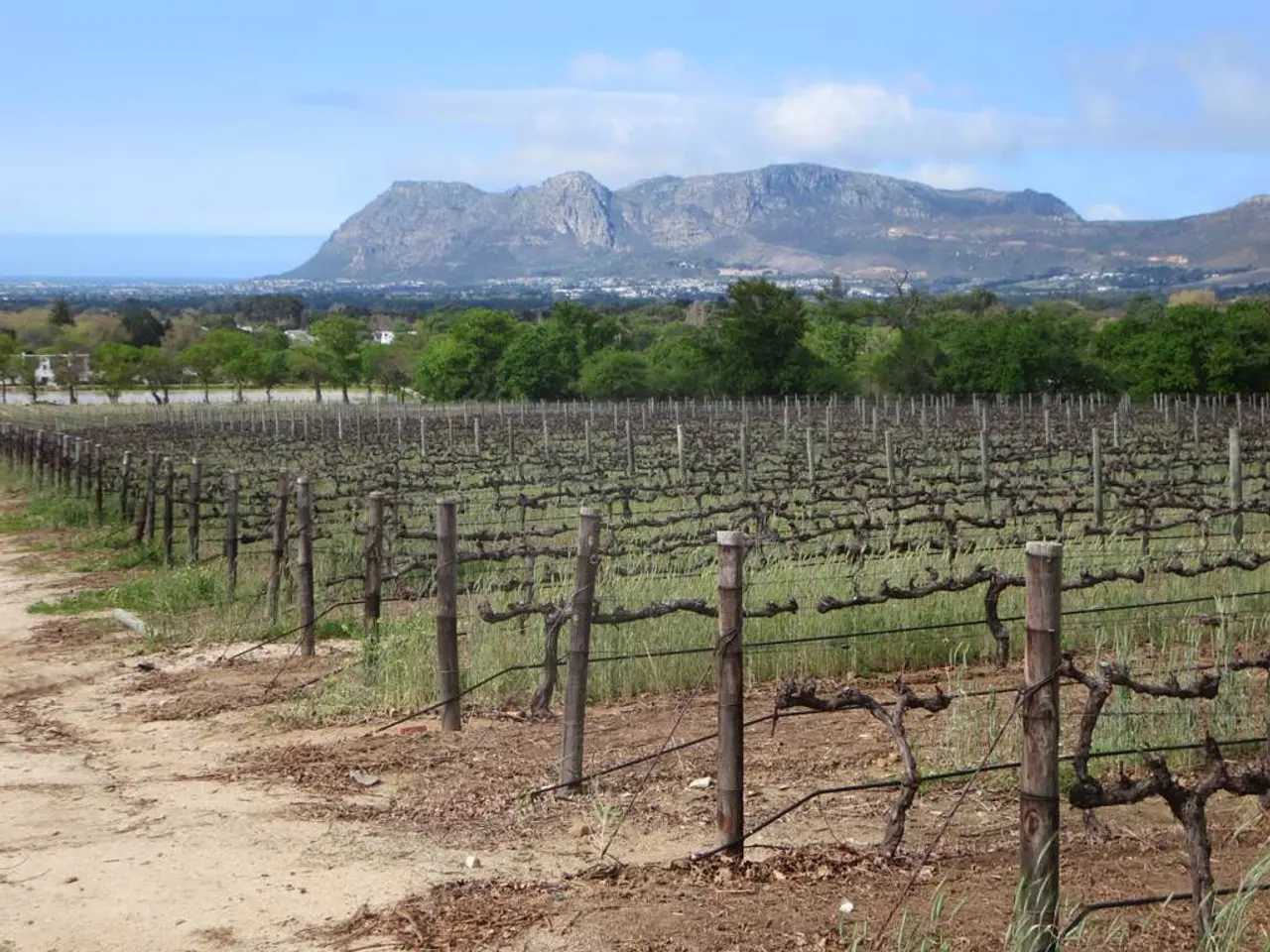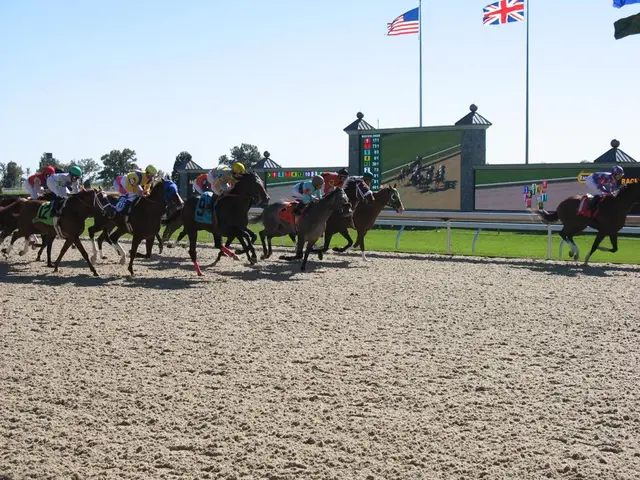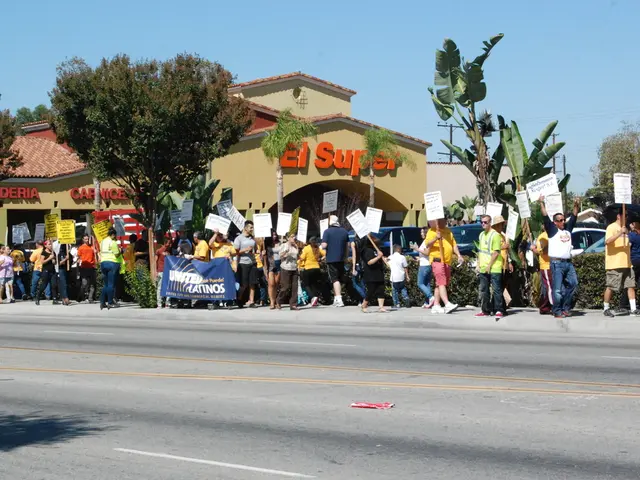Church purchases agricultural property and petitions for tax exemptions through legal action
In recent years, several German religious communities have been actively involved in the acquisition of agricultural land. A study by the Thünen Institute has revealed that religious communities, specifically the Catholic and Protestant churches, collectively own about 2.3% of all agricultural land in Germany.
One such initiative is the church-operated real estate fund, whose primary goal is to finance church properties with the income generated from the fund. This fund serves to secure and increase the church's real estate assets.
The Protestant Church has been active in this area, having purchased agricultural land in various locations, including Saxony-Anhalt, where the price was approximately double the usual market price, amounting to around 600,000 euros for 15 hectares of land.
The Catholic Church has also made significant acquisitions, such as properties in Saxony-Anhalt through the Pfrund Foundation. The Protestant Church's Agricultural Fund alone acquired several agricultural properties in Saxony-Anhalt for 1.89 million euros.
However, the ownership designations in the land registry system for church land are often very old and incomplete, making it challenging to distinguish between the Catholic and Protestant churches in terms of land ownership.
The regional court has ruled that the conditions for a fee reduction were not met for the Church, as the matter concerns an economic enterprise. A notary initially calculated a fee reduction of 60% for the Church, but the final invoice was for 4,533.90 euros after the conditions for a fee reduction were not met, according to the regional notary's office.
It is important to note that the Church does not have to pay any land tax on land used for charitable purposes. This exemption, combined with the income generated from the real estate fund, allows the Church to reinvest in its properties and continue its land acquisition efforts.
The Church is one of the largest landowners and sellers in Germany. Regions like Saxony-Anhalt, Brandenburg, and Thuringia have the highest land shares of religious communities, while Hamburg and Schleswig-Holstein have the lowest.
The high prices paid for agricultural land in Saxony-Anhalt have followed a long-term upward trend, peaking around 2021 before slightly declining by 2024, reflecting increasing demand and valuation growth over the years.
The Stiftung Kulturlandschaft Sachsen-Anhalt, for example, has acquired land for agricultural use, managing the former Intel site in Magdeburg. The land was used in this interim period due to project delays and strategic decisions.
Under municipal economic law, the church's real estate fund is considered an economic enterprise, as it operates with the intention of making a profit. The net income from the fund is paid out to the beneficiaries.
According to church law, land and property are not supposed to be saleable, but can be if the preservation cannot be achieved. This flexibility allows religious communities to adapt to changing circumstances and continue their land acquisition efforts as needed.
In conclusion, the acquisition of agricultural land by religious communities, particularly the Catholic and Protestant churches, is a significant trend in Germany. The churches' real estate funds, which operate as economic enterprises, allow them to reinvest in their properties and continue their land acquisition efforts, contributing to their status as major landowners and sellers in the country.
Read also:
- Stopping Osteoporosis Treatment: Timeline Considerations
- Tobacco industry's suggested changes on a legislative modification are disregarded by health journalists
- Trump's Policies: Tariffs, AI, Surveillance, and Possible Martial Law
- Expanded Community Health Involvement by CK Birla Hospitals, Jaipur, Maintained Through Consistent Outreach Programs Across Rajasthan







